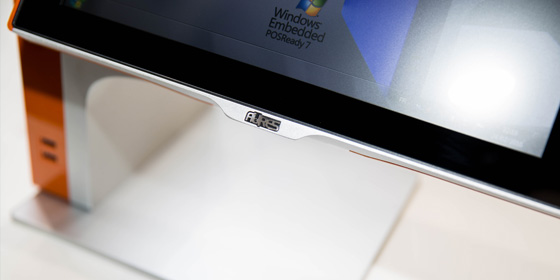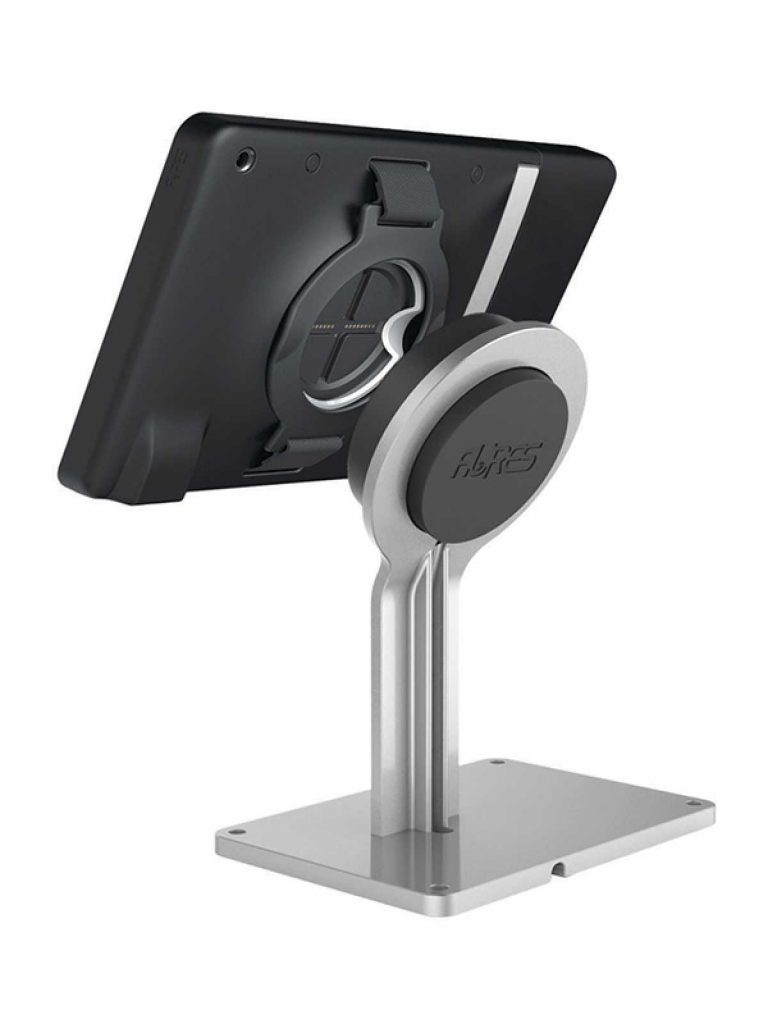Cinemas place a fairly unique set of demands on point of sale systems. Now that the majority of large sporting events and music concerts operate on advance sales, cinemas represent the largest sector where tickets are sold at the door.
Alongside the requirement to process ticket sales and seat allocations quickly and efficiently, many cinemas also crossover into retail and hospitality with snack sales and on-site bars or cafes. Some cinemas sell snacks and tickets from the same service points, requiring multi-purpose POS solutions.
Over the next few years, more and more cinemas will start to adopt mobile POS (MPOS) systems. MPOS has seen considerable growth in recent years in retail and hospitality sectors, with more and more businesses using tablets to complement or replace fixed POS terminals.
According to some estimates, the global MPOS terminal market will grow at a CAGR of close to 33 percent by 2021.
The main advantage of MPOS is flexibility. In restaurants, wait staff can process orders and payments at the customer’s table. In large retail stores, staff can use tablets to look up stock and answer customer queries, processing sales on the floor at the ‘point of decision’. MPOS offers obvious benefits to retailers who sell on-the-go, such as mobile food vendors and pop-up stall operators.
Shorter queues, better service
The rise of MPOS has gone hand-in-hand with the growth of mobile payment technologies, especially ‘tap and pay’ contactless card payments. This offers some big advantages to cinema operators, allowing customers to purchase and pay for tickets as they enter the theater, rather than queuing in the foyer.
Imagine a busy Friday or Saturday night, with customers queuing out of the door for the first showing of the latest blockbuster. With POS tablets in reserve, extra staff can quickly be deployed to meet the demand, serving customers faster and reducing waiting times.
This flexibility can be applied to much more than cutting down on queues, however. As described above, in retail environments, MPOS is valued as a means of taking service to the customer, and combining service with sales – some people talk about a shift from Point of Sale to Point of Service.
Cinemas can benefit from this also. Tickets and snack orders could be processed at once, with receipts or vouchers printed for redemption. MPOS adds flexibility to the location of vending points for snacks, which can be located by the entrance to the auditorium, or sold by mobile vendors in the auditorium during shows.
As well as aiding productivity and adding value to customer service, MPOS also provides a direct link to eCommerce and mobile marketing. Point of sale tablets use the same technology consumers have on their smartphones, so the same app platforms can be used for advanced ticket sales and fulfilment and collection at venues.
MPOS also aids the cinema’s ability to promote sales and special offer. Discounts or promotions can be sent out via SMS, email or via a branded app using a QR code, which can be scanned by an MPOS terminal on the customer’s arrival for instant fulfilment.
Service is a key point of difference for operators looking to create the best possible cinema-going experience. MPOS offers the flexibility, efficiency and connectivity to add genuine value.
Want to find out more? Click here to take a look at AURES’s cutting edge range of MPOS tablets and multi-use products.





